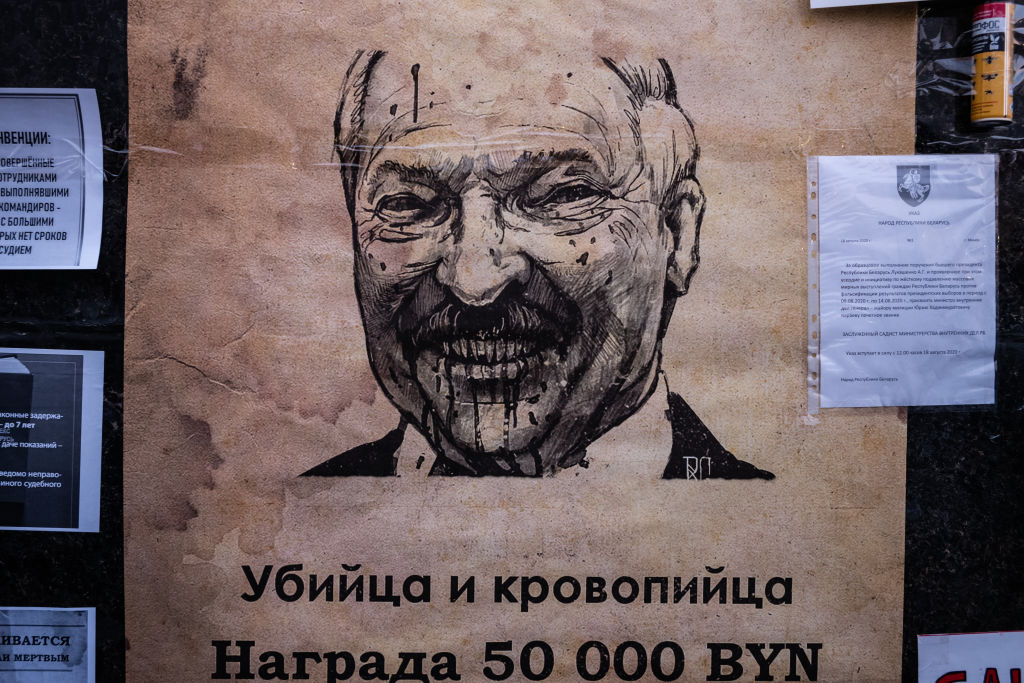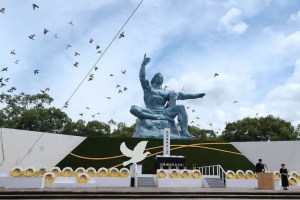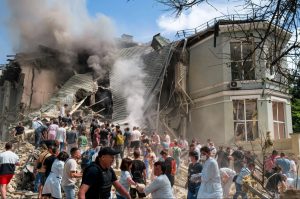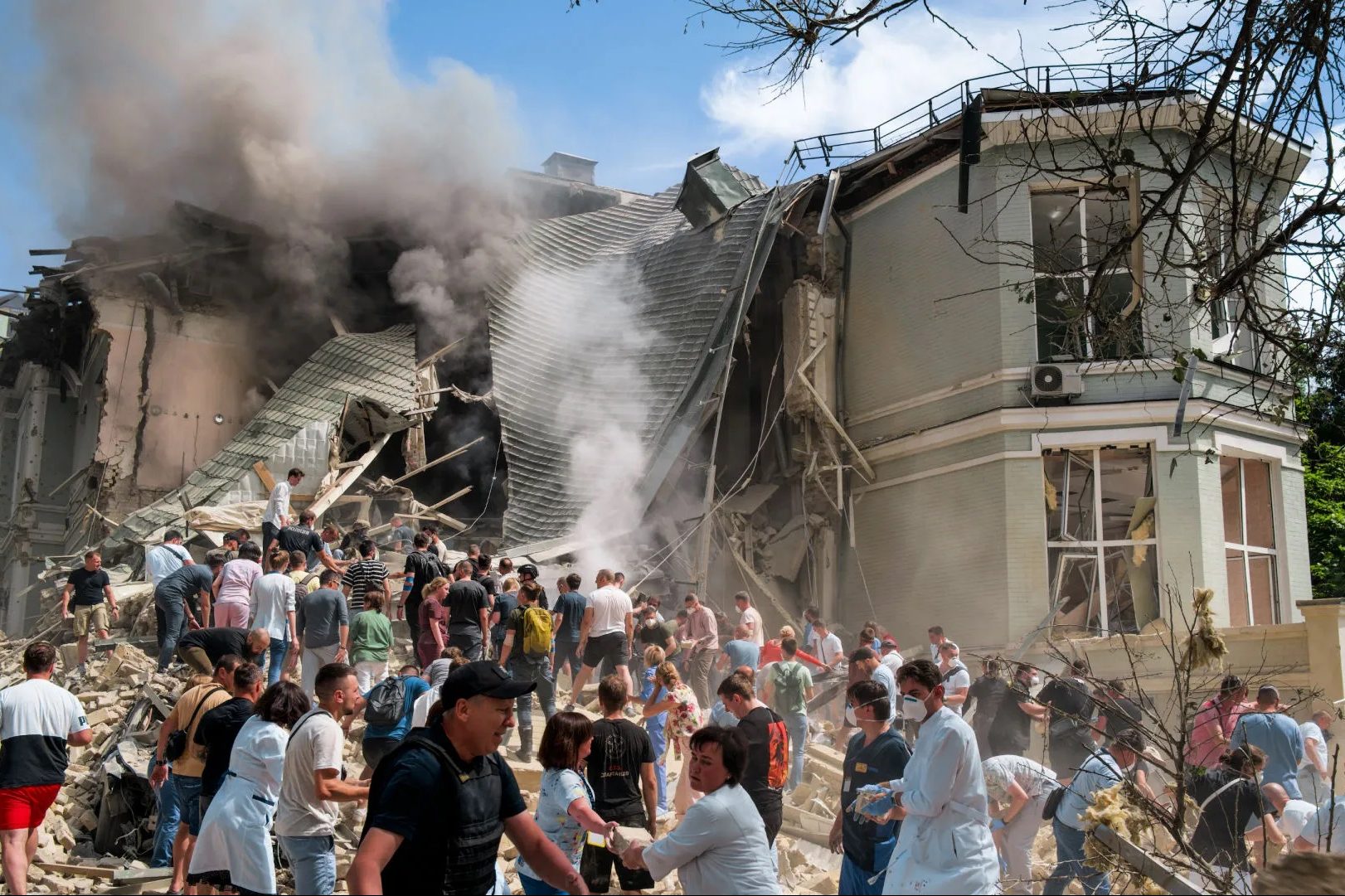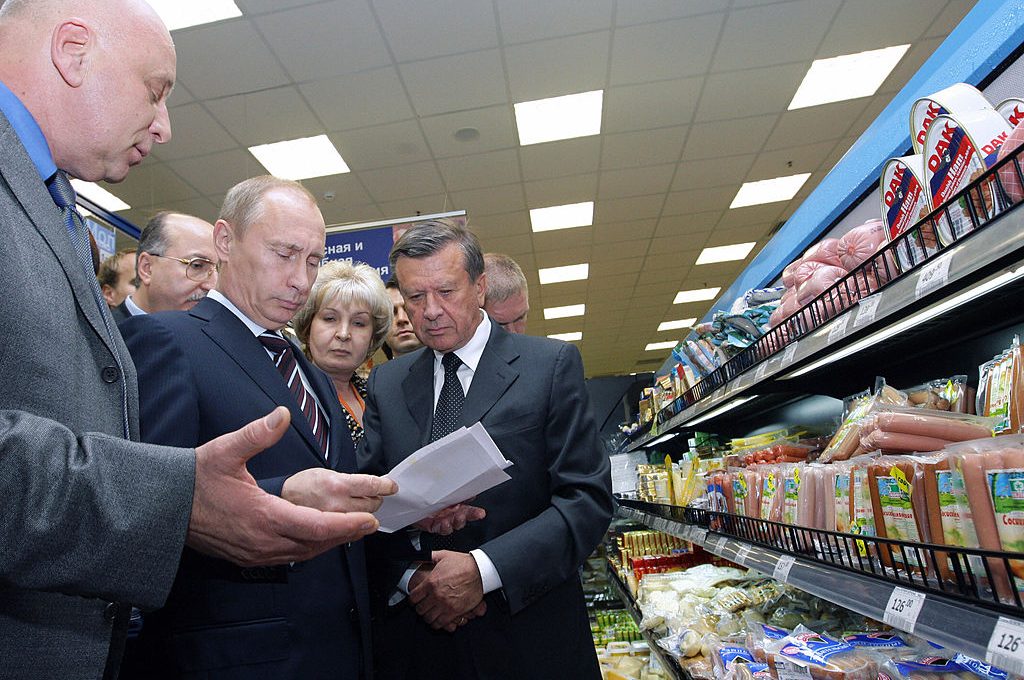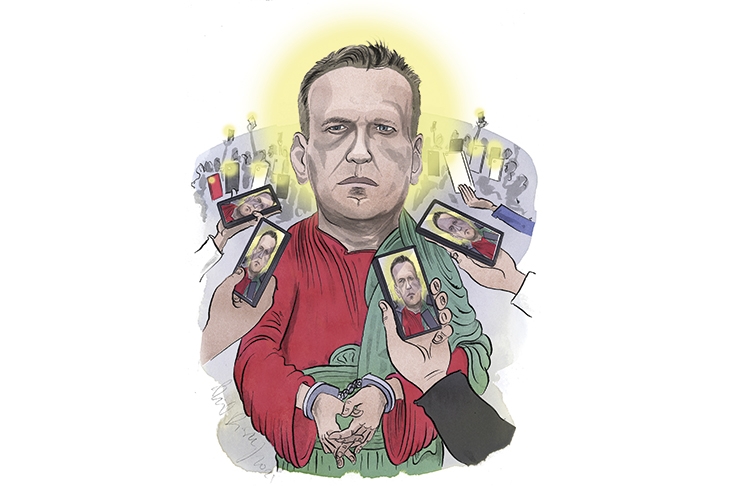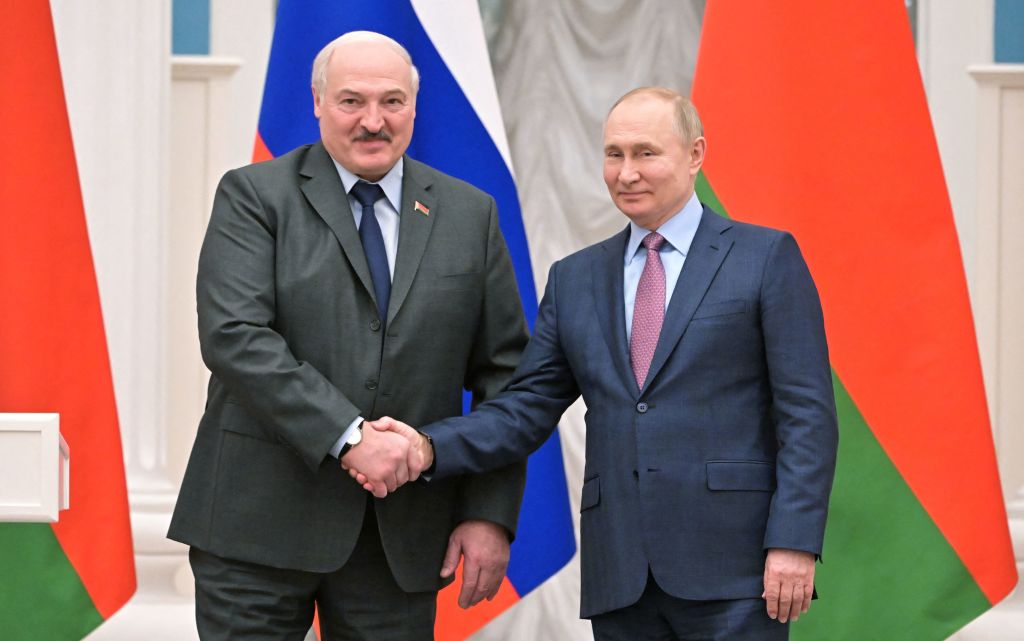This week has laid bare the terrifying situation faced by Belarusians in their home country and abroad. From Tokyo’s Olympic village to the streets of Kiev and the courts of Minsk, the iron grip of President Alexander Lukashenko only seems to be tightening. With athletes joining political opponents and exiled activists in being targeted by the regime, many are now asking the question: where can Belarusians be safe?
Certainly not at home. On Wednesday, a behind-closed-doors trial began in Minsk for two opposition figures involved in organizing the huge protests which swept Belarus last year following elections widely held to have been fraudulent. Maria Kolesnikova and Maxim Znak have been charged with incitement to undermine national security. Both face over a decade in prison if found guilty.
Earlier this year, Viktor Babariko — a contender for the 2020 presidential election, until he was arrested on charges of corruption which he says were fabricated by the regime — was sentenced to 14 years in prison. And while the opposition leader in exile, Svetlana Tikhanovskaya, is welcomed by politicians the world over, her husband is the subject of a ‘sham trial‘ at home, on charges of disorder and inciting hatred against officials.
Facing similar persecution, many opposition activists are being forced to flee Belarus for neighboring countries such as Ukraine, Poland and Lithuania. But even here, they aren’t safe.
On Tuesday, Vitaly Shishov, head of a Kiev-based NGO helping Belarusians flee their home country, was found hanged in a park near his home in the Ukrainian capital. The suspicious nature of his death, including cuts and grazes found on Shishov’s face, has led many to assume that the Belarusian KGB — which still goes under its Soviet-era name — was responsible.
Belarusian activists I have spoken to have told me that Ukraine, although a major destination for those fleeing Belarus, is a far more dangerous option for exiles than other neighboring countries, such as Lithuania and Poland. Gun ownership in Ukraine is not properly regulated, which helps facilitate activities by foreign secret service operatives. The Belarusian KGB is also known to be active in the country, and the Belarusian House in Ukraine (BDU) — the organization run by Shishov — claimed to have previously received multiple warnings about KGB threats.
Whatever the truth about how Shishov died, one thing seems clear: anti-Lukashenko activists are not safe from the clutches of the regime in neighboring countries. This is likely to trouble Belarusian sprinter Krystsina Tsimanouskaya who is now in Poland after she refused attempts by team officials to fly her home from the Tokyo Olympics when she criticized coaching staff.
Poland has long urged tougher EU action against Lukashenko, with the country’s prime minister Mateusz Morawiecki describing the 2020 protests in Belarus as evidence of Belarusians’ wish to live in a Europe ‘of free, democratic nations under the rule of law’.
The irony of Morawiecki’s choice of words, given the EU’s tough stance on his government’s perceived violations of the ‘rule of law’, only highlights the bloc’s inability to influence a Belarusian regime which clearly considers itself well and truly above the law. This in a country which, until June, was part of the EU’s Eastern Partnership program, with support from Brussels lined up for a number of ‘flagship initiatives’.
Boris Johnson’s assertion that Britain is ‘very much’ on the side of the Belarusian opposition while welcoming exiled leader Svetlana Tikhanovskaya this week seems equally unlikely to strike fear into the hearts of the Lukashenko regime.
So, where can Belarusians feel safe? For those critical of the regime, or threatening to embarrass the country’s leadership in any way, the events of recent days have made the dangers posed by their own government frighteningly plain, both at home and abroad.
This article was originally published on The Spectator’s UK website.



